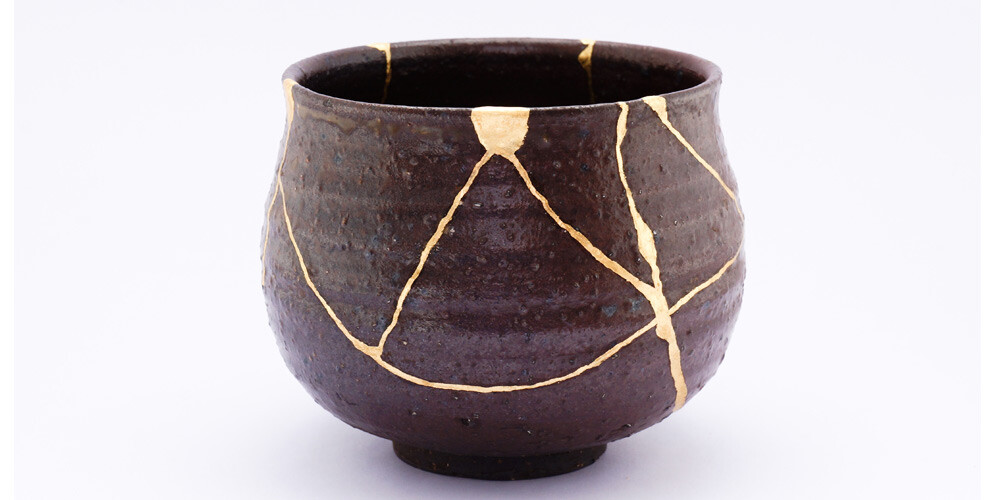There is an increasing awareness of trauma as a big issue in the lives of so many people. Trauma can be described as a shock to our system from which we never fully recovered or a deep wound to the psyche that never completely healed. It is understood these days that trauma is no longer just the domain of medical professionals. What is needed is a multi-disciplinary approach that is both medical, psychological and deeply spiritual.
Modern sage, Gabor Mate, describes trauma a wound to our psyche that manifests in two ways. Firstly, it is an open wound that has never healed and each time it is touched we flinch in pain. So much of the time what shows up in the present moment are pains and losses we experienced in the past. These are held in our body in the form of an open wound. For example, if we suffered abandonment and loss of love as a child, whenever we experience separation now – even routine events like our loved one going on a business trip – we might overreact and have inexplicable feelings of loss and abandonment that might show up in the form of hypervigilance or numbness.
Secondly, this open wound is covered over by scar tissue that is hard and inflexible. Scar tissue does not grow and it does not feel. Similarly, the protective defences against trauma numb our feelings of wellbeing and vitality. We end up living joyless lives, but we still feel the pain of trauma just beneath the surface of the skin.
Gabor Mate goes on to say that the real tragedy of trauma is not what happened to us in the past; these things are bad in themselves – like abuse or neglect or abandonment. The real issue is the disconnection from self. We lose touch with our sense of inner authenticity – knowing and feeling who we really are. For many of us there was an intolerable tension between our core needs of attachment and authenticity when we were young. We depended on the love of our parents to survive, and if we were given the message that certain feelings like anger were not okay, we shut down these feelings.
But anger is a valuable emotion because it is a way of asserting what is okay and what is not okay – establishing the boundaries of our inner world. But, when there is a toss-up between attachment and authenticity, the former always prevails because it is such a core survival instinct. We need our caregivers in order to survive. But it comes at a great cost, namely the surrender and shut down of our intrinsic felt sense of who we are. This often manifests later in life as the inability to say No.
This surrender of authenticity in favour of attachment is summed up by a line from a song by Elvis Presley: ‘I will be anything you want me to be, just hold me’
Mindfulness is a very effective way of approaching the core wound of disconnection in our being and gradually removing the scar tissue so that it can heal. But mindfulness on its own is not enough; it needs to be accompanied by acceptance and self-compassion.
Something that is also very important when practising mindfulness is that we stay within our widow of tolerance. If mindfulness is practised without an awareness of trauma it can deepen the wound and result in strong feelings of numbing and hypervigilance. Moreover, if we overdo it, it can even re-traumatise us.
But if we practice mindfulness, acceptance and self-compassion within a trauma informed context, and with an awareness of our own personal history of trauma, it can be an extraordinary method for healing and transformation. It can be the route back to the wholeness and freedom of our true nature. It is like the curse is lifted from Sleeping Beauty and she can begin to smile again.
On the weekend of 8 – 10 September this year at Samye Ling, Natasha and Choden will offer a context for understanding trauma and coming to our unique understanding of how it has impacted on our lives. From this place we can begin to practice mindfulness in a way that heals and liberates us rather than deepening the wound of disconnection. Natasha will focus on providing the psychological context of trauma and Choden will offer mindfulness, acceptance and self-compassion skills.


